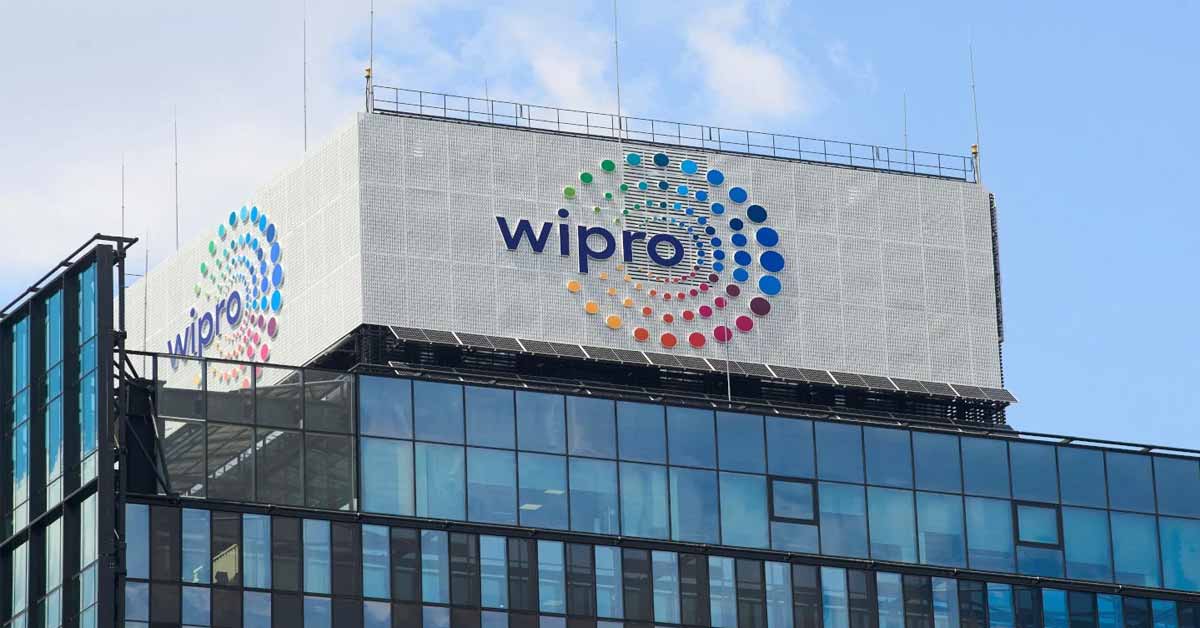Indian IT major Wipro announced on Wednesday that it has successfully completed its generative AI agent-building initiative in collaboration with Google Cloud, delivering 200 production-ready AI agents across sectors, including healthcare, banking, insurance, retail, manufacturing, and IT.
“This is another step in the long-standing collaboration between Wipro and Google, enabling joint clients to tap into the full potential of AI agents,” Wipro said in an official statement.
High-Impact AI Use Cases Through Client Proximity
According to Debashish Ghosh, Global Head of Google Cloud Ecosystem at Wipro, the company’s close engagement with clients through its delivery teams has helped identify high-impact AI agent use cases and surface real customer challenges. “This milestone highlights the depth of innovation possible on a shared vision,”
“By leveraging client proximity through our delivery teams, we have been able to surface real customer challenges—enabling us to identify high-impact AI agent use-cases that drive meaningful innovation,” Ghosh added
Accelerating Business Transformation with Production-Grade AI
Victor Morales, Vice President of Global System Integrators Partnerships at Google Cloud, emphasized that these production-grade AI agents will enable Wipro and Google’s joint clients to address complex business challenges and accelerate digital transformation at scale.
The AI agents are also available at Wipro’s Gemini Experience Zone, an immersive environment where clients can explore real-world use cases and see how generative AI can be applied to industry-specific workflows. This hands-on approach helps Wipro identify additional use cases grounded in actual business needs.
The Wipro-Google Focus
The Wipro-Google initiative focuses on intelligent agents designed to enhance customer experience, optimize business processes, and unlock new innovation opportunities. Leveraging Google Cloud’s advanced AI technologies, including Gemini and the Vertex AI platform, these production-ready agents are also available through the Google Cloud Marketplace, facilitating broader adoption across enterprises.
“Wipro is demonstrating how Google’s Gemini models and Vertex AI can be utilized to build powerful, industry-specific agents that transform everyday work across industries,” said Morales
“These production-grade AI agents will help our joint customers solve complex challenges and accelerate their business transformation at scale,” he added.
Wipro: Driving Innovation Across Industries
During Wipro’s recent Q1 earnings call, CEO and Managing Director Srini Pallia stated that AI is no longer a niche technology, but is rapidly becoming integral to large-scale business operations.
“We are building an AI-first, AI-everywhere enterprise focused on solving complex challenges, accelerating delivery, and reimagining operations at scale. By embracing autonomous and agentic AI, we’re transforming business models and how organisations work. Our AI capabilities are integrated into both industry and cross industry solutions. By combining domain expertise with AI we are able to deliver value through solutions such as hyper personalised wealth management and predictive industrial insights,” he added.
Speaking of a few use-cases of Wipro’s AI agents, Pallia added, “these agents enable smarter lending, intelligent claims processing, and autonomous network management,”
Wipro’s Internal AI Innovation
While Wipro has long supported clients in deploying advanced technologies, Kenny Kesar, Global CIO of Wipro, recently discussed the company’s internal AI employee assistant on an Economic Times podcast:
“We explore the evolution of Next-gen Employee Assistant, Wipro’s internal chatbot turned digital assistant, and how it’s reshaping everything from timesheet submissions to HR policy queries. Kesar breaks down the decision to build a skill-based, agentic architecture rather than a monolithic AI model—and the organizational shifts needed to make that vision real,” said Kesar.
Strategic Expansion in the Middle East
As part of its GCC strategy, Wipro relocated its Middle East regional headquarters from Al Khobar to Riyadh, Saudi Arabia, while maintaining offices in Jeddah, Jubail, and Al Khobar.
Additionally, Wipro signed a memorandum of understanding (MoU) with Prince Mohammad Bin Fahd University (PMU) to establish a Center of Excellence (CoE) in Riyadh. The CoE will offer academic training in advanced technologies, hands-on experience, and access to Wipro’s global resources, with the goal of nurturing local technology talent.






